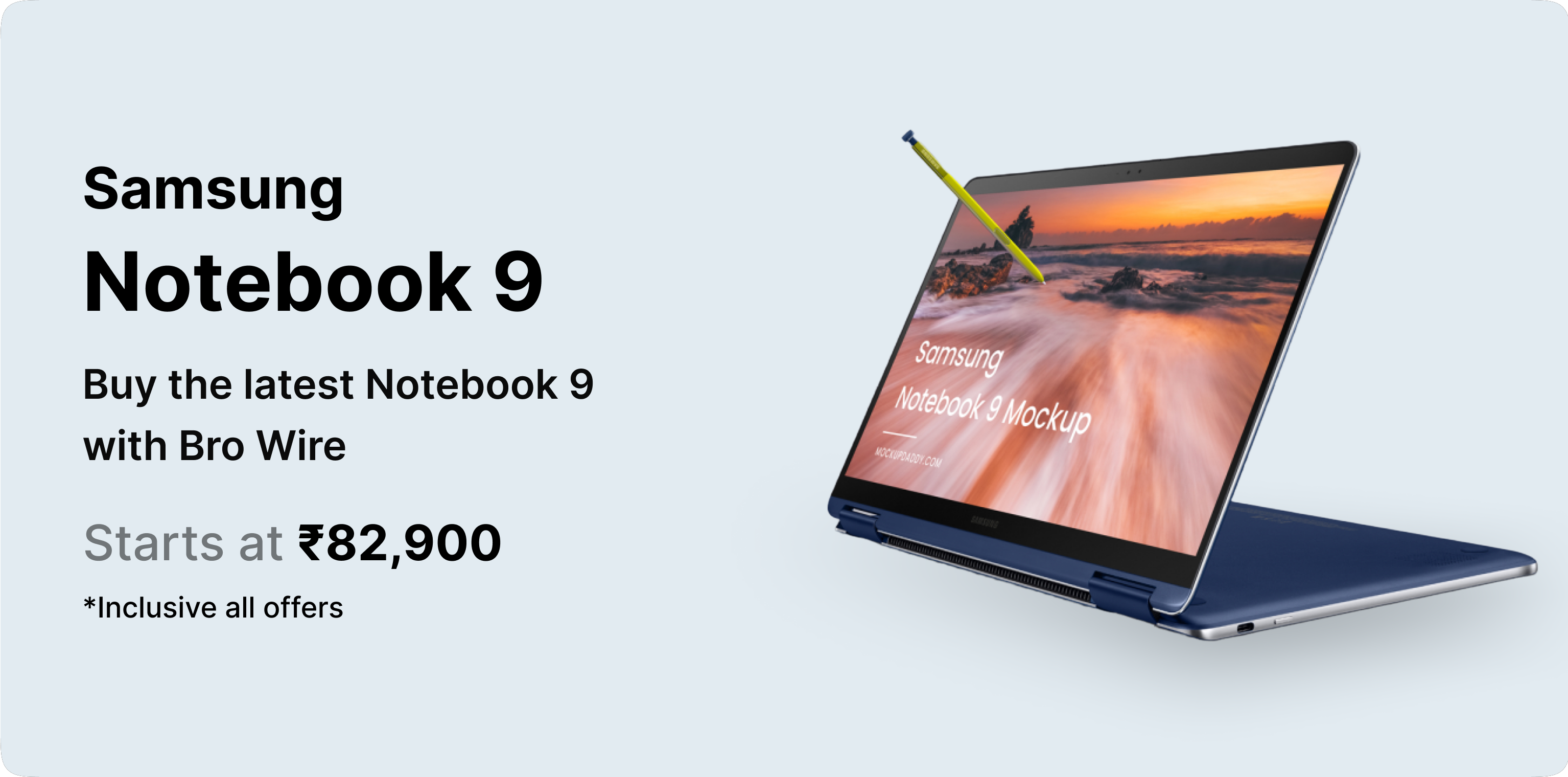Choosing Between Android and iOS
Published date : 16/12/2024
Choosing Between Android and iOS: Which is Right for You?
Android and iOS wars over smartphones have been the hallmark of the tech world for years. The two have their fans who swear by the operating system, citing the uniqueness it provides to the experience. More often than not, it boils down to individual preference, need, and priority. Let's break down some of the key considerations that will help you make an informed choice on which suits your needs better.
Customisation vs. Simplicity
One of the most striking differences between Android and iOS is their customizability. Android users can customize their experience very freely. From widgets to custom themes, third-party applications to home screen layouts, the user has complete control over what their device looks and performs like. This aspect makes a lot of sense for tech enthusiasts who prefer to customize their gadgets following their tastes and preferences.
On the other hand, iOS talks about simplicity and a buttery user experience. What Apple does is ensure that within its tightly controlled ecosystem, its devices run seamlessly without much burden on the user. Interfaces are clean, intuitive, and consistent, and are the same across all iOS devices. The bottom line: if you like a non-complicated setup that, out of the box, seems to work seamlessly, iOS comes highly recommended.
Hardware Diversification vs. Consolidation
Another key difference lies in the hardware options available for each platform. Android powers a vast array of devices from manufacturers like Samsung, Google, OnePlus, and Xiaomi, offering a wide range of price points, designs, and features. Whether you’re looking for a budget-friendly smartphone or a premium flagship with cutting-edge specifications, Android has something to offer.
In contrast, iOS is only available on Apple devices, which results in fewer options but stronger cohesiveness between the device and its operating system. An iPhone is designed and fine-tuned to work optimally with iOS, creating performance that's hard to replicate. If consistency and reliability over the long term are key, iOS delivers.
App Ecosystem and Compatibility
Android and iOS app ecosystems are robust but different in availability and quality. Apple App Store is highly reviewed in terms of applications; all apps work well with iOS devices because of the review process before releasing to the public. Most applications debut on iOS before landing on Android, which makes it an attractive option for early adopters of new apps.
Meanwhile, Google Play Store boasts a larger selection of applications in addition to niche markets not meeting Apple's rather demanding standards. Openness promotes ingenuity but sometimes leads to lousy app quality at times. Additionally, Android supports loading the apps outside the Play Store through sideloading, and iOS does not have an application for this purpose.
Software Update and Longevity
IOS has a better approach towards software updates. Here, Apple updates all its supported devices at the same time; thus, even older iPhones receive the latest features and security patches for years. This can make iOS a very smart option for those who want their device to remain relevant over time.
On the other hand, updates in Android rely on the device manufacturer and carrier, thus delays and support lifespans are short for many. Google's Pixel line, however, is an exception, just like Apple's approach in terms of updating.
Cost
Cost is one of the most significant factors in the Android vs. iOS debate. Android devices cater to a broader spectrum of budgets, and affordable options that deliver excellent value for money are available. On the other hand, Apple's iPhones are generally more expensive, focusing on premium quality and build. Although iOS offers older models at reduced prices, the sheer variety of Android makes it easier to find a device that suits your budget.
It's a matter of which you prefer the most among those features. If customization, variety, and value options are your things, then go with Android. But for people who need something that is seamless and performs cohesively for the long haul, the case is a lot harder against iOS. Be careful about making this decision, and it might come out as the best-suited option for your needs.